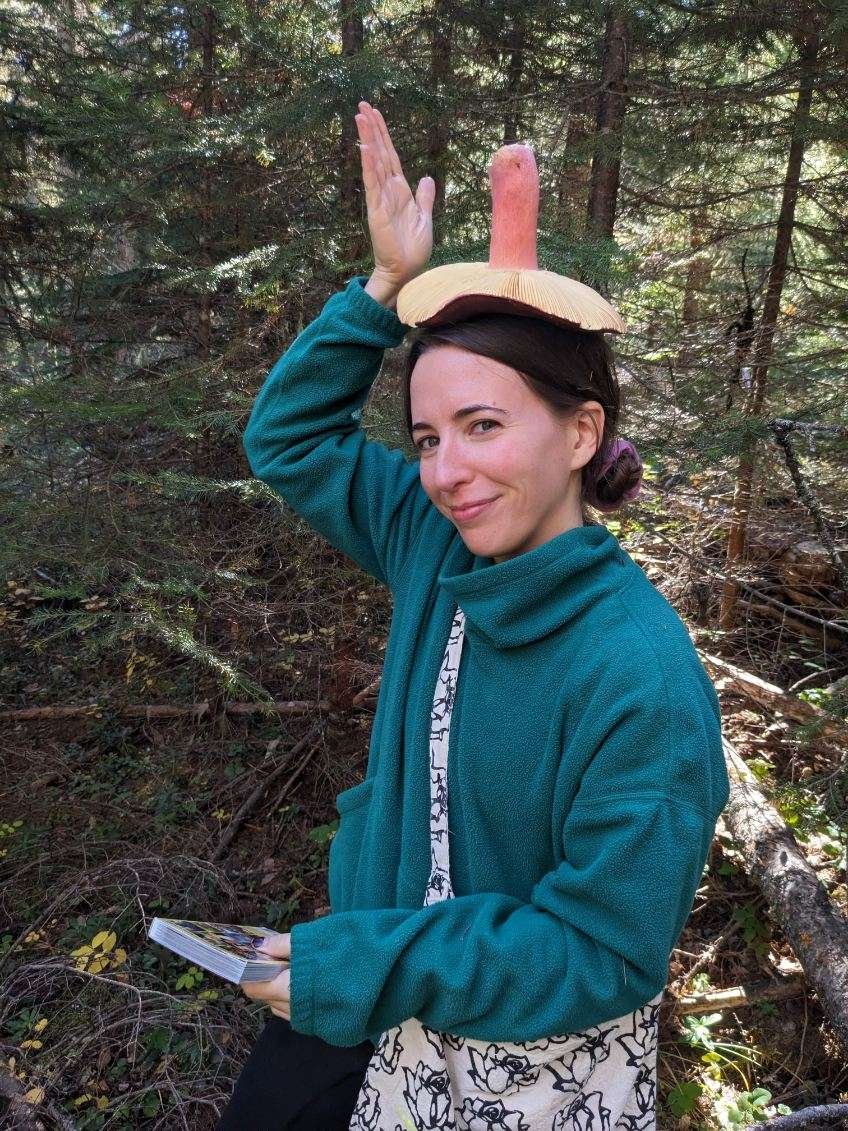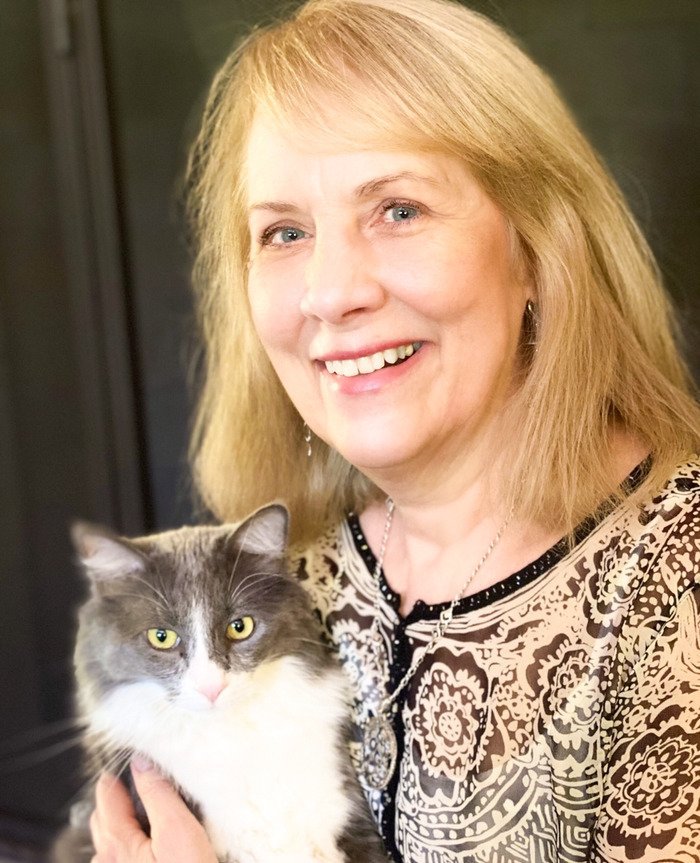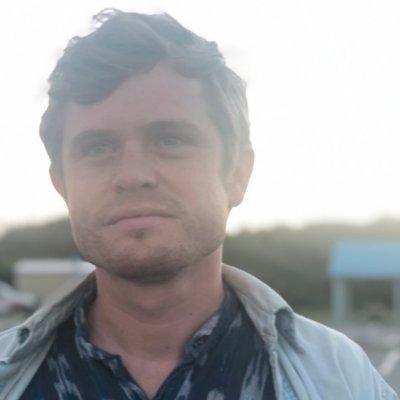CutBank Interviews: A Conversation with Molly Antopol
By: Emily Collins
Molly Antopol is the author of the 2014 short story collection The UnAmericans. The collection explores family relationships, ideological differences, and the heartbreaking connections that exist among those written out of history. Antopol writes of her characters’ private lives with astonishing precision. From communist ideology in the United States to young characters coming to terms with their relatives’ complicated histories, The UnAmericans taps into what it means to investigate, reclaim, and reconcile with the past.
Emily Collins: In your stunning collection The UnAmericans, we meet characters in Israel, the Soviet Union, and America struggling to pursue their dreams in an uncertain world. I was particularly taken with the women in these stories. In "A Difficult Phase," a young Israeli journalist is laid off from work due to America's 2008 recession and reckons with her life's path while dating an older widower. In "My Grandmother Tells Me a Story," a woman recounts her violent escape from her Nazi-occupied native village, and in "The Quietest Man," a young woman writes and produces a successful play much to the embarrassment of her father. Their dreams, relationships, worldviews, and more are continuously shaken by forces outside their control. Can you speak to what inspired these women's stories?
Molly Antopol: Thank you! Many of the stories in the collection were inspired by my family history, particularly the central role the Communist Party played in their lives. Early on in my writing process, I obtained my grandparents’ FBI files through the Freedom of Information Act. They were active Party members in New York City and Los Angeles, and my grandfather spent much of his adult life in and out of jail for his activities. The FBI reports followed them across the years and across the country. In those files, I was able to see exactly what the authorities were looking for—but nothing else. And so I found myself wondering about the parts a surveillance file could never reveal: what being watched actually does to a person’s psyche. The files showed nothing of the pain that led my grandparents to quit the Party, and how heartbreaking it was for them to learn of Khrushchev’s revelations about Stalin. The files also showed nothing of the anger that factory workers like my grandparents felt when the spotlight of American communism fell on the Hollywood blacklist community, as opposed to members of the working class, whom they felt were doing the real work. And they showed nothing of the frustration my grandmother felt in this supposedly progressive movement where, for example, male Party members voted to pay their wives a salary for housecleaning and childcare—work they assumed should fall to women. In all of my other research—whether in archives, biographies or an oral history book I found about my ancestral village of Antopol, in Belarus—the women’s stories were similarly overlooked. With all of the stories you mentioned, I found myself writing into the blank spaces in my research, and that was how many of these stories were born.
E.C: It's refreshing to read a debut story collection rich with family ancestry, history, and politics. Have you always been interested in exploring these elements in your fiction?
M.A: The books I’ve always connected with are the ones that manage to be both intimate and expansive. Many of the contemporary writers I admire most—Rachel Kushner, Susan Choi and Viet Tranh Nguyen, to name a few—inspire me for their examinations of the interplay between art, identity and geopolitics. When writing, I always find myself less interested in theme and more interested in questions: What happens after the battles a person has spent her life fighting are won, or lost? What is the human impulse to claim closer proximity to tragedy than one actually has? What are the long-term impacts—both globally and personally—of political tourism? How does surveillance—whether you’re the one surveilling or being surveilled—affect people long-term on emotional and psychological levels? What does it do to our most intimate relationships?
E.C: These stories have such a deep sense of place and history, and so much of the writing style feels like pure storytelling. The pieces' urgency and extensive backstories remind me of Grace Paley and Alice Munro. How do you arrive at writing a short story's structure and is the process similar to writing the novel form?
M.A: Wow! Paley and Munro are two of the writers that have meant the most to me from the very beginning. One of the many (many!) things I love about their work is how much emotional generosity they demonstrate toward all of their characters, even the ones people might be quick to dismiss in real life. Every time I read Paley and Munro I’m reminded of the importance of compassion, of understanding that everyone has a complicated backstory. When I write, whether with stories or the novel I’m working on now, I find that I need to explore my characters from birth to death—and then, once I know them as people, I’m able to isolate the most fraught or complicated moments in their lives to wrap a story or novel arc around. And so even though much of their lives don’t make it into the story or novel structure, I need to have written it in early drafts—understanding their backstories allows me to pressurize the moments they’re experiencing in real time.
E.C: The collection begins with a narrator's observation that, "No one wants to listen to a man lament his solitary nights -- myself included." So many of your characters feel like an outsider among Americans yet their stories are so layered with empathy and pain it's as though their lives depend on the story's telling. What was it like, as a young writer, to tell the complex stories of older generations?
M.A: Ever since I was little, my relatives have called me an “old soul” – which I think is another way of saying that I like to hang out with my grandparents and probably ask them too many questions about times before I was born! My grandfather, who passed away not too long ago, was hands down the funniest person I’ve ever known—and the best storyteller. He owned a bar in Brooklyn for a lot of his life and I’ve often thought about how he’d have been the perfect bartender to strike up a chat with after a crappy day at work. Often during family get-togethers we’d go off in the corner of the room and talk. Hearing him tell stories about his life—about being a gunner during World War II, the McCarthy Era, painful anecdotes about losing loved ones I’d never known until those private talks—made me think not only about narrative voice, but also about arc: how the kinds of stories I want to tell are often governed by the logic of memory rather than a chronological structure, and how helpful it can be to focus on the urgency of emotional truth as much as the facts at hand.
E.C: I bet it's challenging to write stories that illuminate characters' private emotional lives while also critiquing political hegemonies. As a fiction writer, how do you emphasize characterization alongside human conflict in such a relatively short amount of pages?
M.A: I’ve always bucked against capital-P “political writing” because it invokes a moral certitude that doesn’t feel truthful to the kind of fiction I strive to write—it’s the gray areas that interest me. But it takes so many years of research to access those gray areas—trying to understand the ideologies that drive my characters. This collection took ten years to write, and I’m already many years deep into research for my new book. I vehemently believe that I have no business writing about a time and place I didn’t live through, and women and men I never knew, without first working tirelessly to understand the period and the people from every angle of which I can conceive. The only way I can begin to understand them as people is by researching the politics, history, and social forces that influenced their lives. This part of the process—humbling and all-consuming—takes forever. And then comes the harder part for me: throwing away about 95% of that research, draft by draft, so that only the essential details that drive and inform my characters psychologically remain.
Molly Antopol’s debut story collection, The UnAmericans (W.W. Norton), won the New York Public Library’s Young Lions Fiction Award, a National Book Foundation 5 Under 35 Award, the French-American Prize, the Ribalow Prize and a California Book Award Silver Medal. The book was longlisted for the 2014 National Book Award and was a finalist the PEN/Robert W. Bingham Prize, the Barnes & Noble Discover Award, the National Jewish Book Award and the Sami Rohr Prize, among others. The book appeared on over a dozen “Best of the Year” lists and was published in seven countries. Her writing has appeared in The New York Times, Wall Street Journal, The New Yorker, Granta, One Story, The New Republic and San Francisco Chronicle, and in the O.Henry Prize and Pushcart Prize anthologies. She’s the recent recipient of fellowships from the Radcliffe Institute for Advanced Study at Harvard, the American Academy in Berlin, the American Library in Paris, and Stanford University, where she was a Wallace Stegner Fellow and has taught in their Creative Writing Program since 2008. She’s at work on a novel, which will also be published by Norton.
Emily Collins is a MFA in fiction candidate at the University of Montana and the Interviews Editor for CutBank. Her work has appeared or is forthcoming in New Orleans Review, The Florida Review, The South Carolina Review, and others. Her stories have been nominated for the Pushcart Prize and other anthologies. When she’s not interviewing incredible writers, she enjoys hiking and volunteering.



























